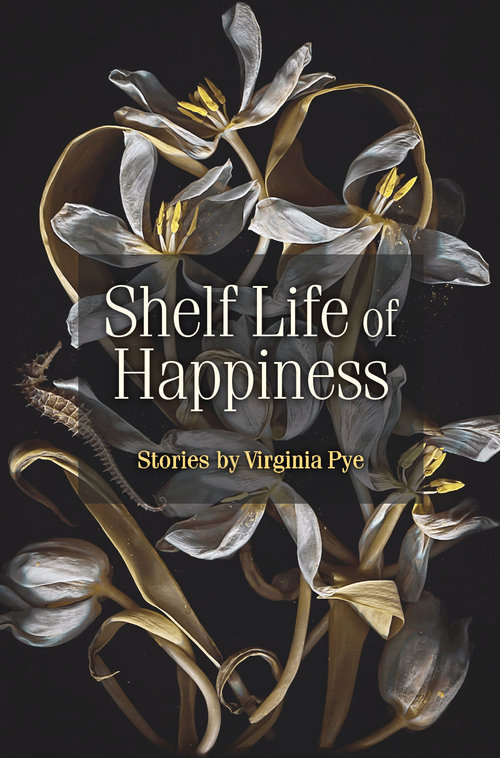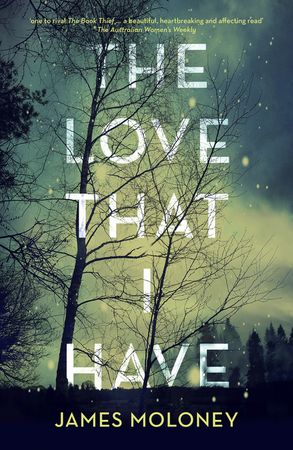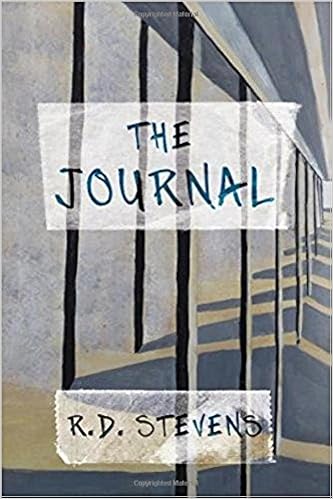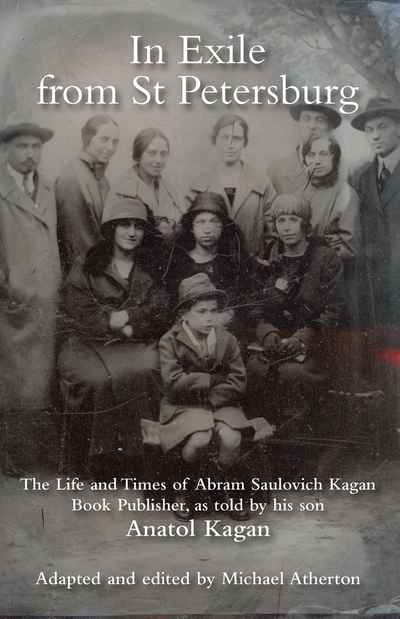 Although Love and Ruin is a first-rate historical novel, it might not have pleased Gellhorn, because, in a way, it reduces her to a footnote in Hemingway’s life. By focusing on 1936-1945, Gellhorn’s “Hemingway” years, McLain makes them seem the major experience of Gellhorn’s life, when in fact they were just a blip on the radar screen of Gellhorn’s eighty-nine year life span. Even so, Love and Ruin is a page-turner, a novel that’s hard to put down.
Although Love and Ruin is a first-rate historical novel, it might not have pleased Gellhorn, because, in a way, it reduces her to a footnote in Hemingway’s life. By focusing on 1936-1945, Gellhorn’s “Hemingway” years, McLain makes them seem the major experience of Gellhorn’s life, when in fact they were just a blip on the radar screen of Gellhorn’s eighty-nine year life span. Even so, Love and Ruin is a page-turner, a novel that’s hard to put down.
Tag: fiction
A review of Welcome to Saint Angel by William Luvaas
 With its descriptions of a collective madness sparked by mendacity and greed disguised as irresistible ‘progress’, Welcome to Saint Angel has literary antecedents in the cynical realism of Sinclair Lewis and the paranoid desperation of Nathaniel West, plus a liberal dose of Gore Vidal in his Duluth mood.
With its descriptions of a collective madness sparked by mendacity and greed disguised as irresistible ‘progress’, Welcome to Saint Angel has literary antecedents in the cynical realism of Sinclair Lewis and the paranoid desperation of Nathaniel West, plus a liberal dose of Gore Vidal in his Duluth mood.
A review of All the Lovely Children by Andrew Nance
 All in all, Nance has done a marvelous job in creating a well-written, suspenseful novel. His language is crisp and fresh, and his world-building is authentic, and his pacing just fast enough to keep readers at the edge of their seat, but slow enough to let them enjoy the ride. He has crafted a compelling, engrossing novel with more than one scene of gritty-realism that will prickle the back of your neck.
All in all, Nance has done a marvelous job in creating a well-written, suspenseful novel. His language is crisp and fresh, and his world-building is authentic, and his pacing just fast enough to keep readers at the edge of their seat, but slow enough to let them enjoy the ride. He has crafted a compelling, engrossing novel with more than one scene of gritty-realism that will prickle the back of your neck.
A review of Shelf Life of Happiness by Virginia Pye
 In her short story collection, Shelf Life of Happiness, Virginia Pye has a character, Nathan, in the title story, remarking about the “long shadow” that “Papa” casts over “lesser writers.” If Ms. Pye ever felt overshadowed by the great Ernest Hemingway, or compelled to imitate his style, she has overcome it.
In her short story collection, Shelf Life of Happiness, Virginia Pye has a character, Nathan, in the title story, remarking about the “long shadow” that “Papa” casts over “lesser writers.” If Ms. Pye ever felt overshadowed by the great Ernest Hemingway, or compelled to imitate his style, she has overcome it.
A Review of The Girl from Blind River By Gale Massey
 Comparisons aside, Jamie and Girl from Blind River stand on their own as remarkable achievements in popular literature. Gale Massey has a poet’s eye for the telling detail, and can evoke a feeling with a few deftly written words. Readers don’t need to be told Jamie is poor after Massey has her searching “the remaining pizza boxes until she found a piece of crust and chewed it while she watched the [poker] hand play out.”
Comparisons aside, Jamie and Girl from Blind River stand on their own as remarkable achievements in popular literature. Gale Massey has a poet’s eye for the telling detail, and can evoke a feeling with a few deftly written words. Readers don’t need to be told Jamie is poor after Massey has her searching “the remaining pizza boxes until she found a piece of crust and chewed it while she watched the [poker] hand play out.”
A review of The Love That I Have by James Molony
 The Love That I Have should be an educational experience for many entertained and amazed readers. We take our freedoms for granted and the stark comparisons between our own carefree lives and the inhabitants of Nazi Germany are a chilling reminder of how important it is to maintain these privileged liberties. This is a book that belongs within a bookcase, the one you can reach for, then show your houseguest and say…”Now, this is a great story I’m sure you would like…”
The Love That I Have should be an educational experience for many entertained and amazed readers. We take our freedoms for granted and the stark comparisons between our own carefree lives and the inhabitants of Nazi Germany are a chilling reminder of how important it is to maintain these privileged liberties. This is a book that belongs within a bookcase, the one you can reach for, then show your houseguest and say…”Now, this is a great story I’m sure you would like…”
A review of The Journal by R D Stevens
 The Journal is thus principally concerned with western individuals churning up other people’s cultural and physical environments with their motorbikes and all-night beach parties, blithely unaware of their largely egocentric and instrumental approach to the world they despoil. What one might accept initially as gently accurate satire of youthful pretensions becomes the unsettling suspicion that we are meant to take much of this seriously – that the novel is as blind as many of its characters.
The Journal is thus principally concerned with western individuals churning up other people’s cultural and physical environments with their motorbikes and all-night beach parties, blithely unaware of their largely egocentric and instrumental approach to the world they despoil. What one might accept initially as gently accurate satire of youthful pretensions becomes the unsettling suspicion that we are meant to take much of this seriously – that the novel is as blind as many of its characters.
A review of The Well Deceived by Isaac Kuhnberg
 The Well Deceived is a magnificently realized novel full of wonderful invention and wicked characterizations. From its steam-powered motor vehicles to its urban squalor, it seldom ceases to enthrall and amuse and bewilder. It is angry and sad, refusing to accept defeat although defeat is assured.
The Well Deceived is a magnificently realized novel full of wonderful invention and wicked characterizations. From its steam-powered motor vehicles to its urban squalor, it seldom ceases to enthrall and amuse and bewilder. It is angry and sad, refusing to accept defeat although defeat is assured.
A review of Black Queen White City by Sonya Kudei
 Trams. Cats. Circles. We are immediately alerted by these allusions to Bulgakov’s Master and Margarita (1966) that we should expect the unexpected in Black Queen White City, an ambitious novel that aspires to paint its own universe (no less) by means of framing devices, parallel worlds and an eccentric cast of characters that includes the white city of Zagreb itself, where the author was born.
Trams. Cats. Circles. We are immediately alerted by these allusions to Bulgakov’s Master and Margarita (1966) that we should expect the unexpected in Black Queen White City, an ambitious novel that aspires to paint its own universe (no less) by means of framing devices, parallel worlds and an eccentric cast of characters that includes the white city of Zagreb itself, where the author was born.
A Review of In Exile from St Petersburg adapted and edited by Michael Atherton
 In Exile from Petersburg takes you right into the life of a high calibre intellectual named Abram Saulovich Kagan and is set within the turbulent times of early 20th century Europe. His son Anatol Abramovich Kagan contributed to this informative biographical account, he also happened to be the father-in-law of the book’s editor, Michael Atherton. This book is well presented in an easy to read and informative style.
In Exile from Petersburg takes you right into the life of a high calibre intellectual named Abram Saulovich Kagan and is set within the turbulent times of early 20th century Europe. His son Anatol Abramovich Kagan contributed to this informative biographical account, he also happened to be the father-in-law of the book’s editor, Michael Atherton. This book is well presented in an easy to read and informative style.